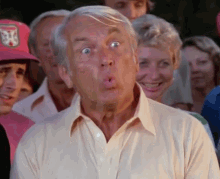Saintman2884
Hall-of-Famer
- Joined
- Dec 17, 2003
- Messages
- 18,344
- Reaction score
- 5,877
Offline
Macbeth and the Tragedy of Julius Ceaser are just two of some of Shakespeare's most famous plays, but they seem to be a little more relatable, and perhaps more understanding of all the characters' motives, plots settings, roles and minor/major story arcs like how Lady Macbeth is really the major mover-and-shaker behind the scenes where Macbeth convinces her husband he should kill the king, crown himself and to lift up his uneasy conscience, he continually goes to the three witches to get assurances he won't die or be killed in retaliation.I watched this a couple weeks ago
Couldn’t tell you what made me put it on
It was beautifully shot, black and white isn’t used nearly enough, too many think it’s too old fashioned but it can convey moods and majesty in ways that color can’t
Very well acted
Denzel is a mesmerizing actor even if you don’t understand what he’s saying
And I didn’t
I know enough about the story and saw enough context clues to follow well enough along and get the basic gist of everything
But I found the language just as impenetrable as I always did
If you really take the time to step back and view Macbeth from the perspective of the three witches introduced at the play's very beginning, one gets the sense they have no really political/power interests in either side to their benefit, nor do they care, Macbeth is almost a "useful idiot" to them, whispering murderous power-grab schemes in his ears that they know he secretly covets and wants. Then they just sit back and watch all the chaos unfold and unwind, the countless bloodshed and murders comment on it, like they've joined us, the readers and or audiences, as spectators.

